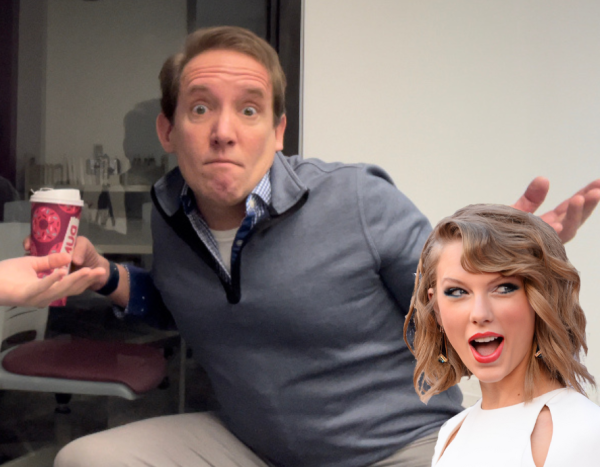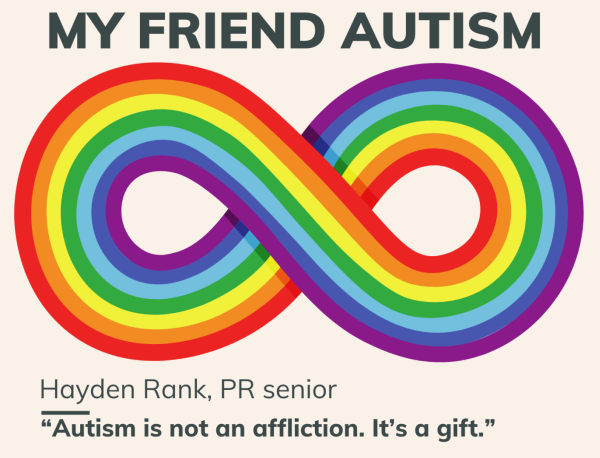Loving Someone
As the Beatles wisely put it: “All You Need is Love.” When love drives our decisions, society benefits, but when lust takes control, people treat each other with less compassion. Today I want to help you understand the difference between love and lust by definition, how to tell them apart in everyday situations, and how our culture affects our beliefs.
Of course I’m not one of those people who demands that all teenagers have to stay abstinent, but what I am urging is that you do it with the right person, and at the right time. If you don’t, you could find yourself listening to a lot of Taylor Swift songs.
By definition, love is a feeling of deep affection and attachment towards someone, while lust is a feeling of strong sexual desire that lacks commitment.
Lust is an altered state of mind.
In a 2012 article, Samantha Smithstein of Psychology Today reports that the same section of the brain that signals lust is also activated by drug addiction. The section of the brain that deals with love, however, is where we process and give value to things. Statistics on infidelity from the Journal of Marital and Family Therapy of January 2014 show that over 50% of both men and women have cheated in at least one of their relationships.
People often go into relationships with a lack of commitment. Acting solely out of lust is never beneficial, so why do we keep falling for it as a whole?
As humans, it is in our nature to seek information. However, lust and love are hard to differentiate in our minds.
A study by the University of Chicago in July of 2014 confirms that there is an easy way to tell the difference between love and lust. Believe it or not, it’s as simple as paying attention to eyes.
The data collected from the study concluded that eye movements were a key factor in determining the difference between love and lust. When the eyes of those in the experiment fixated more on a person’s body, they reported that they felt a sexual desire toward them, while when the focus was only on the face of the person, they felt more of a love towards them…which means that if you catch your partner looking at your butt on more than one occasion, they clearly have the misconception that your butt is a face.
So in a way, eyes are important when determining who to date, because eyes can answer questions about whether your date really feels love towards you, or just wants to “use” you. No one deserves only lust, yet it’s so common — and it’s probably due to society’s encouragement.
Society’s obsession with appearance leads us blindly towards a love that is fake, based solely on what we see. This so-called “love” is really lust.
Photoshop is used everywhere in advertisements, to make people look flawless, but it lowers self-esteem, and the altered photographs we see daily become our ideal. These advertisements cause us to focus only on the physical aspect of someone. The Photoshop issue has become so huge that The Truth in Advertising Act, introduced to Congress in March 2014 asks the Federal Trade Commission to reduce or even eliminate Photoshopped images from advertising.
But the reality is sex sells.
Take Axe commercials. Yes, commercials for that over-rated brand of cologne. Through a Youtube search I found a large array of videos promoting Axe, all naughty commercials where women uncontrollably force themselves upon men who spray Axe on themselves.
According to Jason Feifer’s article in the September 2012 issue of Fast Company magazine, marketers for Axe closely observe the behaviors of men and women in their targeted age range, just so they can manipulate them with ads to promote sales. Axe is the mother of all examples on how society promotes lust–well that, and Victoria’s Secret. While this method may sell a product, it causes people to forget the true meaning of love.
The cultural effects that contribute to the ubiquity of lust can only be reversed if both society, and individuals, take action. It is so important to understand love, regardless of sexual preferences, for only with a true understanding of it, can the world focus on what really matters.












